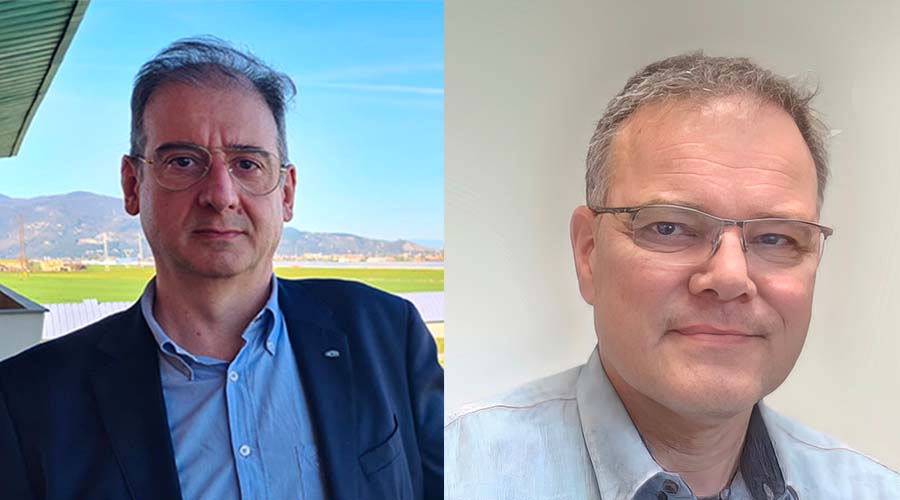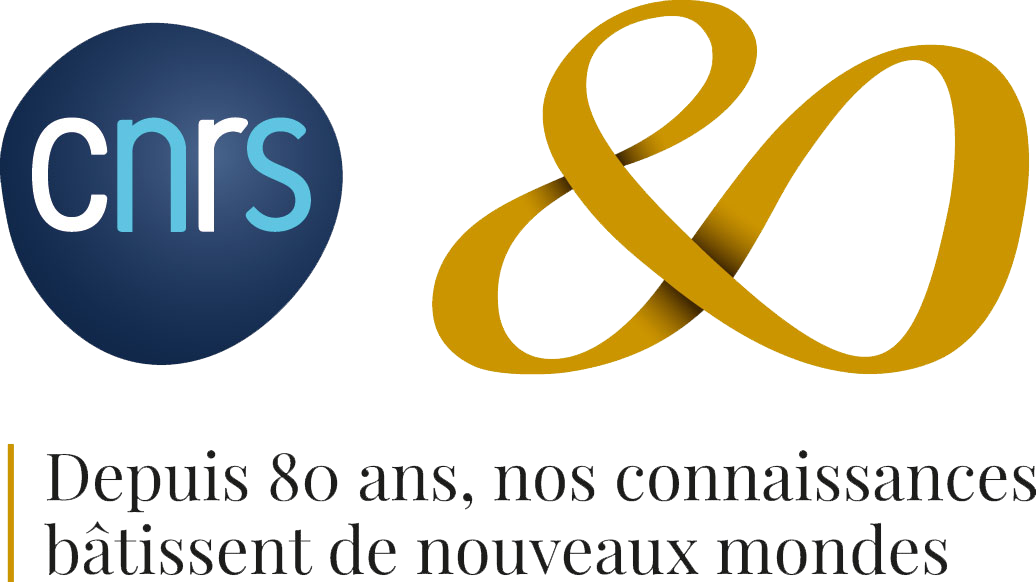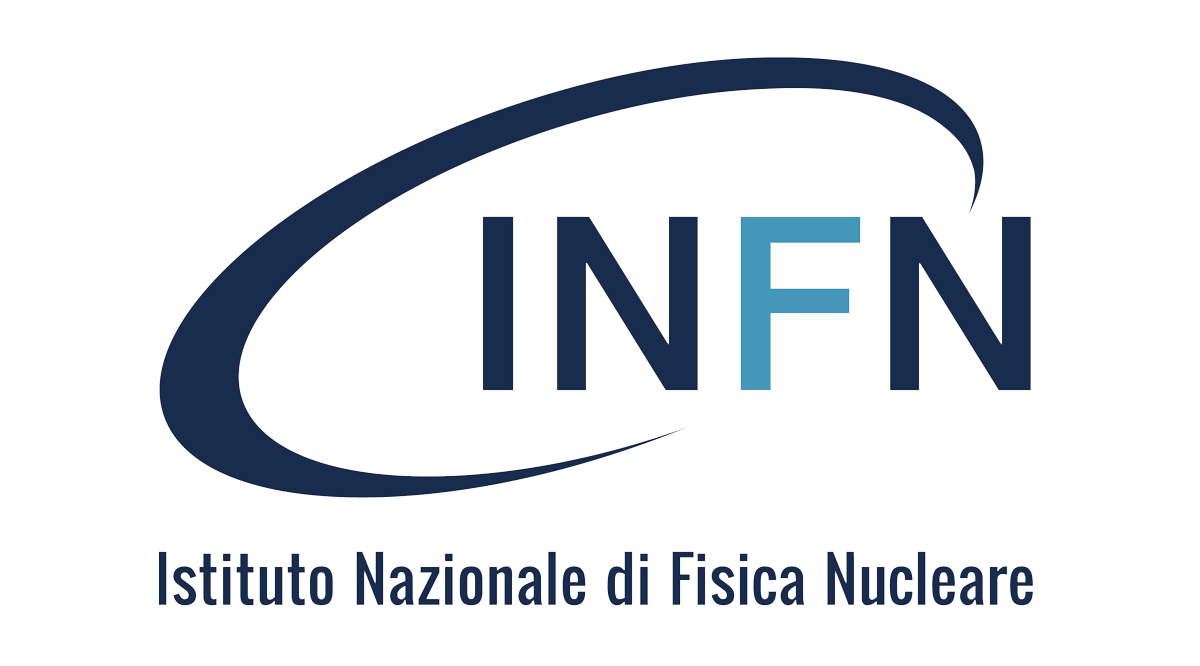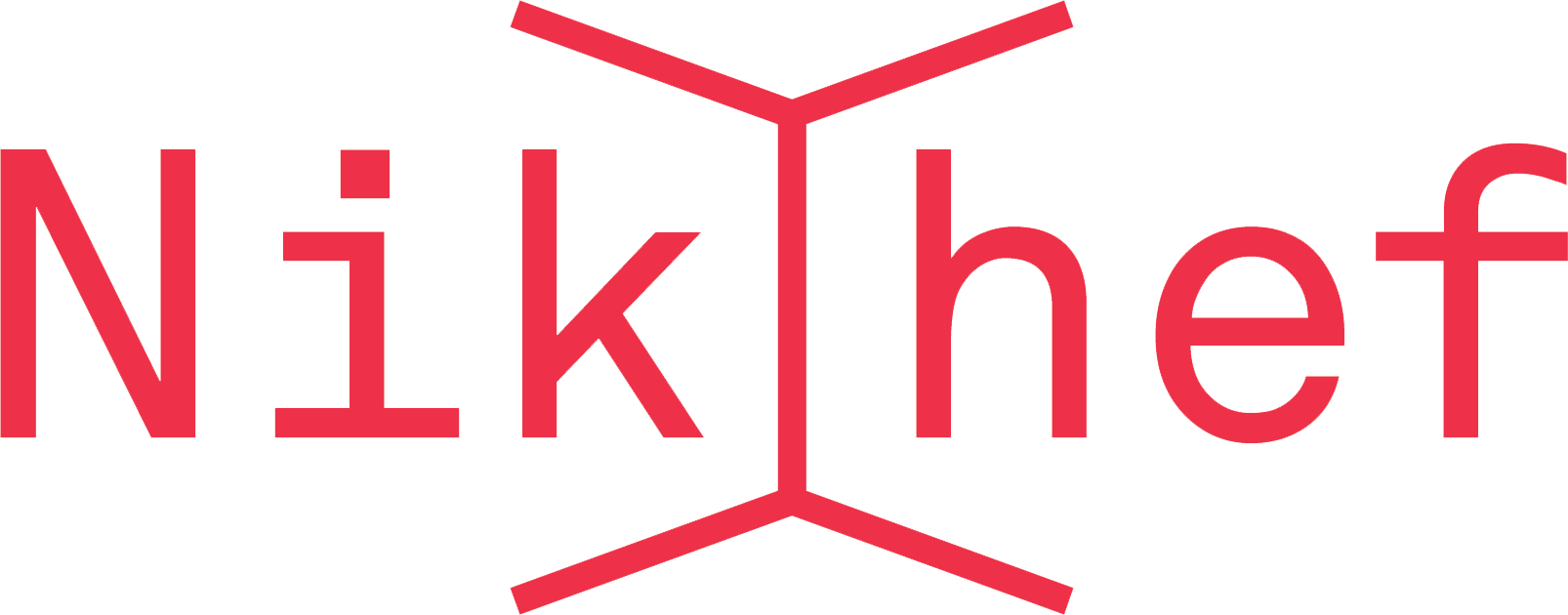Michele Punturo, researcher at INFN Perugia division, and Harald Lück, researcher at the Leibniz University of Hannover and the Max Planck Society, will respectively serve as coordinator and vice-coordinator of the Einstein Telescope scientific collaboration. The announcement was made yesterday, Thursday March 23rd, by the ET collaboration itself, which gathers universities and research institutes, including the Italian National Institute for Nuclear Physics (INFN), involved in the design and construction of a third-generation European gravitational interferometer. The ET project is included in the ESFRI European Strategy Forum on Research Infrastructure 2021 Roadmap, the European strategic forum that selects major research infrastructures to be funded at the European level.
The two appointments confirm the choices already made in June 2022 by international ET scientific collaboration, which, also at its birth, entrusted Michele Punturo and Harald Lück with coordination roles. The organization of the collaboration’s working groups that will be engaged in research and development activities in various areas, from the study of the technologies necessary for ET to the computing infrastructure, from observational science to the characterization of candidate sites to host the observatory, will be one of the main tasks that the two spokespersons will be engaged in the short term.
“We are honored to have been elected to lead the collaboration,” say Michele Punturo and Harald Lück. “Our confirmation testifies the importance of the work done so far by the entire Einstein Telescope community and will certainly serve as an inventive to intensify efforts towards the realization of the Einstein Telescope, which represents an important opportunity for Europe.”
“Thanks to its design and innovative technologies, ET will expand the number of observable gravitational signals and improve, together with observations of other astrophysical messengers, the understanding of the phenomena and sources responsible for their emission, making the new infrastructure a world reference center for scientific and technological research in this promising area of fundamental physics”, add Punturo and Lück.
Michele Punturo is a research director at the Italian National Institute for Nuclear Physics. He started his career at CERN, dealing with measurements dedicated to the verification of CP symmetry violation. In 1994 he joined the Virgo collaboration, contributing to the construction of the first European gravitational interferometer. In the following years, he held roles of responsibility and coordination of activities related to data collection campaigns and updates of Virgo. In Europe, he was among the first promoters of initiatives aimed at designing and building a third-generation European gravitational interferometer, later merged into the Einstein Telescope, within which he coordinated the commissions and working groups responsible for project development and submission of the proposal for its realization to the European Commission and the European Strategic Forum for Research Infrastructures (ESFRI).
Harald Lück is a researcher at the Max Planck Institute for Gravitational Physics in Hannover (Albert Einstein Institute). From 1993 to 1997, he contributed to the design, leading the construction and subsequently data collection activities, of the German gravitational interferometer GEO600, located near Hannover. Starting in 2004, together with Michele Punturo, he coordinated the work for the development of the initial proposal for a third-generation gravitational observatory and for the submission, in 2007, of the ET project to the European Commission. In the following years, he was co-responsible for the activities carried out within the project and, in 2021, participated in the creation of the ET collaboration.
Contacts
Via E. Amaldi,5
56021 Cascina (PI) – Italy
Tel +39 050 752511
Contact us
How to reach us




